Introduction: The Pesky Problem of Shoe Odor
Shoes are an essential part of our daily lives, but they can also become a source of embarrassment when they start to smell unpleasant. If you’re wondering how to get shoes to stop smelling, you’re not alone. Many people struggle with this issue, especially if their shoes are worn frequently or in hot conditions. Persistent odors often stem from sweat, bacteria, and moisture trapped inside the shoe. Fortunately, there are simple yet effective methods to eliminate these smells without breaking the bank.
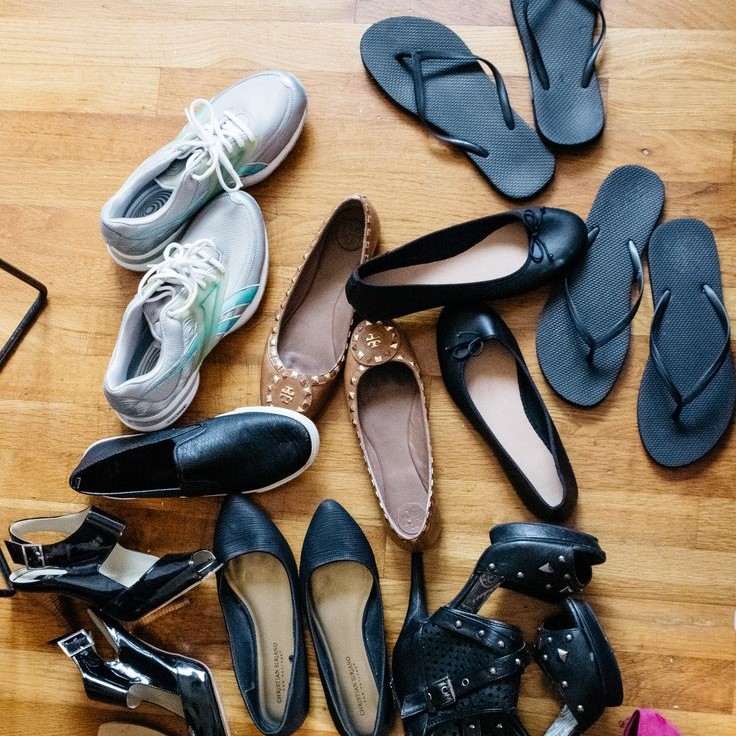
To begin addressing the problem, it’s important to understand that shoe odor typically arises due to poor ventilation, lack of hygiene, or improper care. By adopting some of the strategies outlined below, you can ensure your shoes remain fresh and odor-free for longer periods. In this article, we’ll explore how to deodorize shoes using both natural and commercial solutions while offering actionable advice tailored to your needs. Let’s dive into the details.
Understanding the Root Causes of Shoe Odor
Before jumping into solutions, let’s first examine why shoes develop such strong odors. One primary reason is perspiration. When feet sweat, moisture accumulates within the shoe, creating a perfect breeding ground for bacteria. These microorganisms break down sweat components, producing volatile compounds responsible for the foul smell. Additionally, wearing shoes made from non-breathable materials like synthetic leather or plastic exacerbates the issue by restricting airflow.
Another factor contributing to shoe odor is infrequent cleaning. Over time, dirt, dead skin cells, and oils build up inside the lining of the shoe, further intensifying the smell. Even if you don’t notice visible dirt, microbial activity continues unchecked unless proper measures are taken. Lastly, storing shoes in damp environments accelerates mold growth, which introduces musty scents alongside bacterial odors. Addressing these root causes forms the foundation for successfully removing shoe smells.
Understanding the science behind shoe odor helps us tackle the problem more effectively. For instance, did you know that human feet contain around 250,000 sweat glands? This makes them one of the sweatiest parts of the body, producing up to half a pint of sweat per day. While sweat itself is odorless, it becomes smelly when mixed with bacteria living on the skin and inside the shoes. By targeting both the moisture and the bacteria, we can significantly reduce shoe odor.
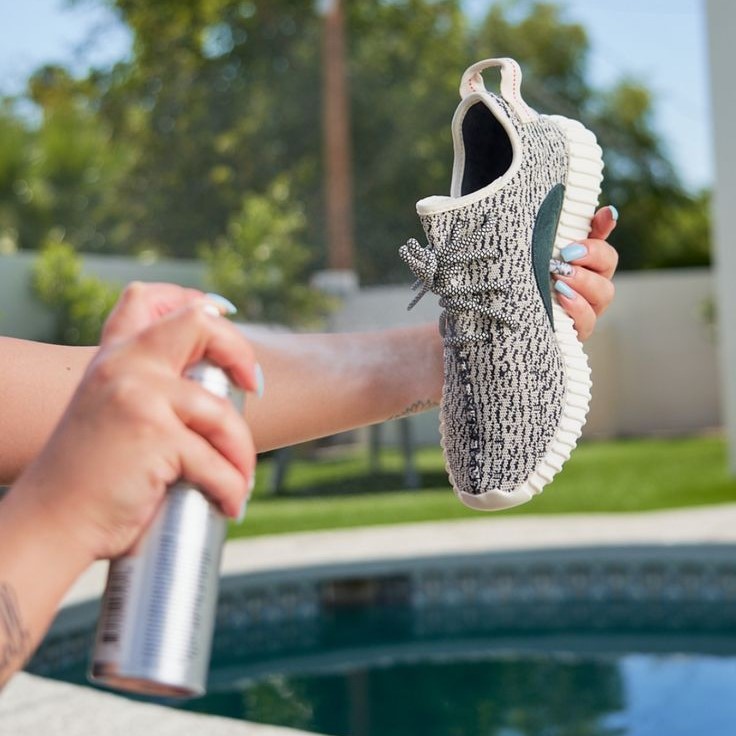
Natural Remedies for Removing Shoe Odor
How to get shoes to stop smelling? If you prefer eco-friendly approaches, several household items can help neutralize unpleasant odors effectively. Baking soda, for example, is a popular choice because of its ability to absorb moisture and neutralize acids responsible for bad smells. Simply sprinkle a generous amount of baking soda inside each shoe, leave it overnight, and shake out the powder the next morning. This method works wonders for mild to moderate cases of shoe odor.
Vinegar is another powerful ally against stubborn smells. Its acidic properties kill bacteria and fungi responsible for unpleasant odors. Mix equal parts water and white vinegar in a spray bottle, then mist the interior of your shoes lightly. Allow them to air dry completely before wearing again. For those who dislike the initial sharp scent of vinegar, rest assured that it dissipates once dried.
Essential oils offer a pleasant alternative for combating shoe odor while adding a refreshing fragrance. Tea tree oil, lavender oil, and eucalyptus oil all possess antimicrobial qualities that combat bacteria. Dilute a few drops of your preferred oil in water, apply it sparingly to the shoe lining, and let it sit for a couple of hours before wiping clean. Not only do these oils eliminate odors, but they also leave behind a delightful aroma that lasts for days.
In addition to these common ingredients, cornstarch and activated charcoal are worth considering. Cornstarch absorbs excess moisture similarly to baking soda, making it ideal for dealing with sweaty shoes. Activated charcoal, often found in specialized shoe deodorizers, traps odors deep within its porous structure, providing long-lasting freshness. Combining these natural remedies with regular maintenance ensures your shoes stay smelling great.
Commercial Products for Deodorizing Shoes
While natural remedies work well for many people, others may find commercial products more convenient or potent. Shoe deodorizers come in various forms, including sprays, inserts, and powders designed specifically to target foot odor. Some contain activated charcoal, which excels at absorbing moisture and neutralizing odors. Others incorporate enzymes that break down organic matter causing the smell.
When selecting a product, consider factors like ease of use, effectiveness, and cost. Look for ones labeled “antibacterial” or “antifungal” since these features address the underlying cause of the odor rather than merely masking it. Always follow manufacturer instructions carefully to avoid damaging your shoes or exposing yourself to harmful chemicals.
For individuals seeking long-term relief, investing in odor-absorbing insoles might be worthwhile. These replaceable pads fit snugly inside your shoes and provide continuous protection against unwanted smells. They’re particularly useful for athletic shoes worn during intense physical activities where sweating is inevitable. Many brands now offer biodegradable options, ensuring environmental sustainability alongside functionality.
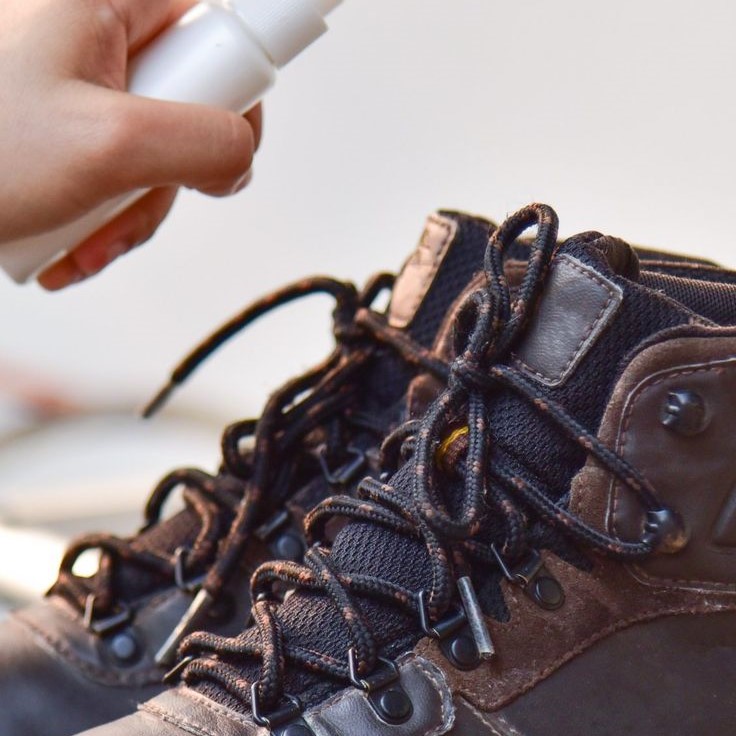
Additionally, shoe sanitizers employing UV light technology have gained popularity in recent years. These devices use ultraviolet rays to kill bacteria and germs inside the shoe, leaving it odor-free and hygienic. While slightly pricier than traditional sprays, they represent a durable investment for anyone dealing with persistent shoe odor issues.
Proper Care Practices to Prevent Future Odors
Prevention remains the most effective strategy for avoiding shoe odor altogether. Start by ensuring your feet stay clean and dry throughout the day. Wash them regularly with soap and water, paying special attention to areas between the toes where moisture tends to collect. After washing, pat them thoroughly dry with a towel to minimize residual dampness. Moisture creates an ideal environment for bacteria to thrive, so keeping feet dry is crucial.
Rotating your shoes gives them adequate time to breathe between uses. Alternate between pairs so each one has at least 24 hours to fully dry out. Storing shoes in well-ventilated spaces away from direct sunlight helps prevent mold formation. Consider placing them near open windows or using fans to enhance airflow. If possible, invest in breathable shoe racks or storage solutions that allow maximum exposure to fresh air.
Using breathable fabrics for socks plays a crucial role in reducing sweat production. Opt for moisture-wicking materials like wool or bamboo instead of cotton, which retains moisture and promotes bacterial growth. Furthermore, avoid reusing sweaty socks multiple times as this increases the likelihood of transferring odors back into your shoes. Instead, wash socks after every wear and allow them to dry completely before reuse.
Regularly cleaning your shoes also prevents odor buildup. Depending on the material, you can either handwash them with mild detergent or take them to professional cleaners. Pay close attention to the insoles and linings, as these areas trap the most moisture and bacteria. A quick wipe-down with a damp cloth and antibacterial spray goes a long way in maintaining freshness.
Advanced Techniques for Stubborn Smells
How to get shoes to stop smelling? In cases where standard methods fail to resolve persistent shoe odors, advanced techniques may be required. Freezing your shoes overnight in a sealed plastic bag kills bacteria and mold spores unable to survive extreme cold temperatures. Be cautious when attempting this method, however, as certain materials may crack or weaken under freezing conditions. Leather shoes, for example, should never be frozen due to their delicate nature.
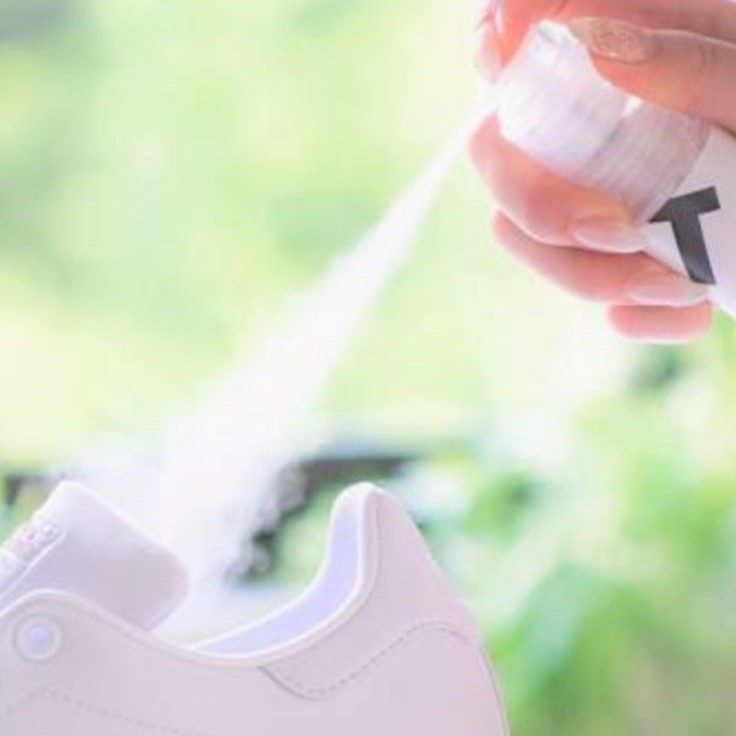
Alternatively, ozone treatment offers a chemical-free way to sanitize shoes deeply. Ozone generators produce oxygen molecules capable of oxidizing organic compounds responsible for odors. While highly effective, this option requires specialized equipment and should only be used according to safety guidelines. Renting or purchasing an ozone machine represents a significant investment but delivers unparalleled results for severe odor problems.
For leather shoes specifically, conditioning treatments protect the material while eliminating embedded smells. Apply a high-quality conditioner formulated for your type of leather, working it gently into the surface with a soft cloth. Follow up with a thorough polishing session to restore shine and seal in freshness. Regular conditioning not only removes odors but also extends the lifespan of your leather shoes by preventing cracks and discoloration.
Common Mistakes That Worsen Shoe Odor
Despite best intentions, certain habits inadvertently contribute to worsening shoe odor. One common mistake involves overusing perfumed sprays meant to mask smells temporarily. Excessive application risks saturating the shoe material, trapping additional moisture and prolonging the problem. Similarly, failing to clean spills promptly allows stains and odors to set permanently.
Wearing improperly fitted shoes forces feet into cramped positions, increasing sweat production and friction. Ill-fitting shoes also reduce circulation, making it harder for moisture to evaporate naturally. To avoid these pitfalls, prioritize comfort and fit when purchasing new footwear. Measure your feet periodically, as size can change over time due to factors like weight gain or pregnancy. Regular maintenance checks ensure small issues don’t escalate into major problems later.
Neglecting the importance of insoles is another frequent oversight. Over time, insoles absorb sweat and bacteria, becoming a major contributor to shoe odor. Replacing them every six months or sooner keeps your shoes fresher for longer. Many modern insoles come with built-in antimicrobial properties, offering extra protection against unpleasant smells.
DIY Projects for Customized Solutions
How to get shoes to stop smelling? For those who enjoy hands-on projects, creating personalized shoe deodorizing solutions adds a fun twist to solving odor problems. Start by experimenting with different combinations of natural ingredients like baking soda, vinegar, and essential oils. Mixtures stored in reusable containers make for convenient travel-sized applications.
Another creative idea involves repurposing old pantyhose as odor absorbers. Fill sections of the hose with baking soda or coffee grounds, tie them off securely, and place them inside your shoes overnight. The porous fabric allows the contents to interact directly with the shoe lining, neutralizing odors effectively. Once done, simply untie the knots and discard the contents, leaving the hose ready for reuse.
Custom shoe bags crafted from breathable mesh fabric serve dual purposes—storage and odor prevention. Place freshly cleaned shoes inside these bags and hang them in closets or drawers to maintain airflow. Adding sachets filled with dried herbs like lavender or rosemary enhances the experience with soothing fragrances. Such projects not only save money but also promote sustainable living practices.
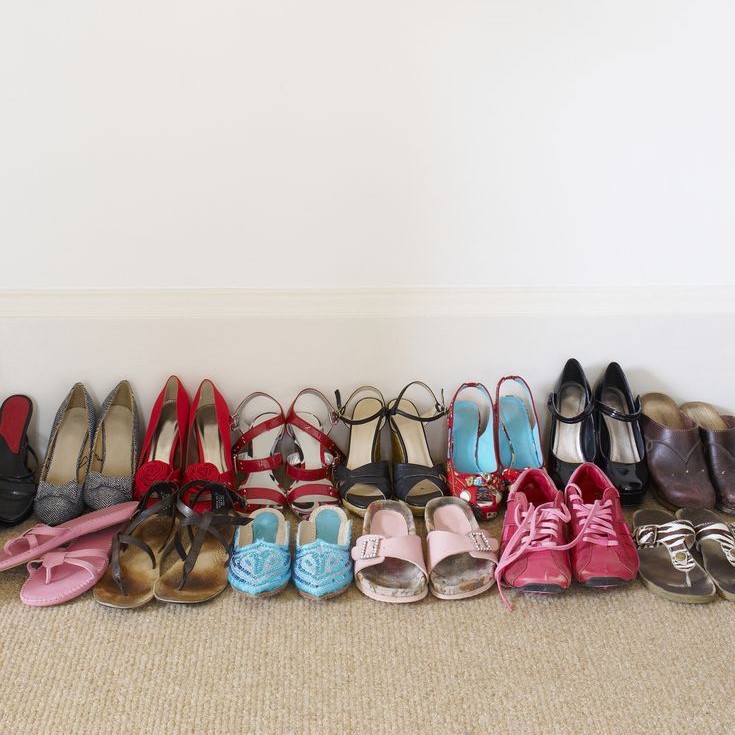
Conclusion: Your Path to Fresh Feet and Shoes
Now that you know how to get shoes to stop smelling, implementing these tips consistently will yield noticeable improvements over time. Whether you choose natural remedies, commercial products, or preventive practices, staying vigilant about shoe hygiene ensures lasting results. Remember, combining multiple approaches often proves more successful than relying on a single solution.
By understanding the root causes of shoe odor and taking proactive steps to eliminate it, you’ll enjoy fresher-feeling footwear every day. Don’t forget to revisit this guide whenever doubts arise or new challenges emerge. With persistence and patience, even the stinkiest pair of shoes can regain its original freshness. Keep experimenting until you discover what works best for your unique situation—and never let shoe odor hold you back again!